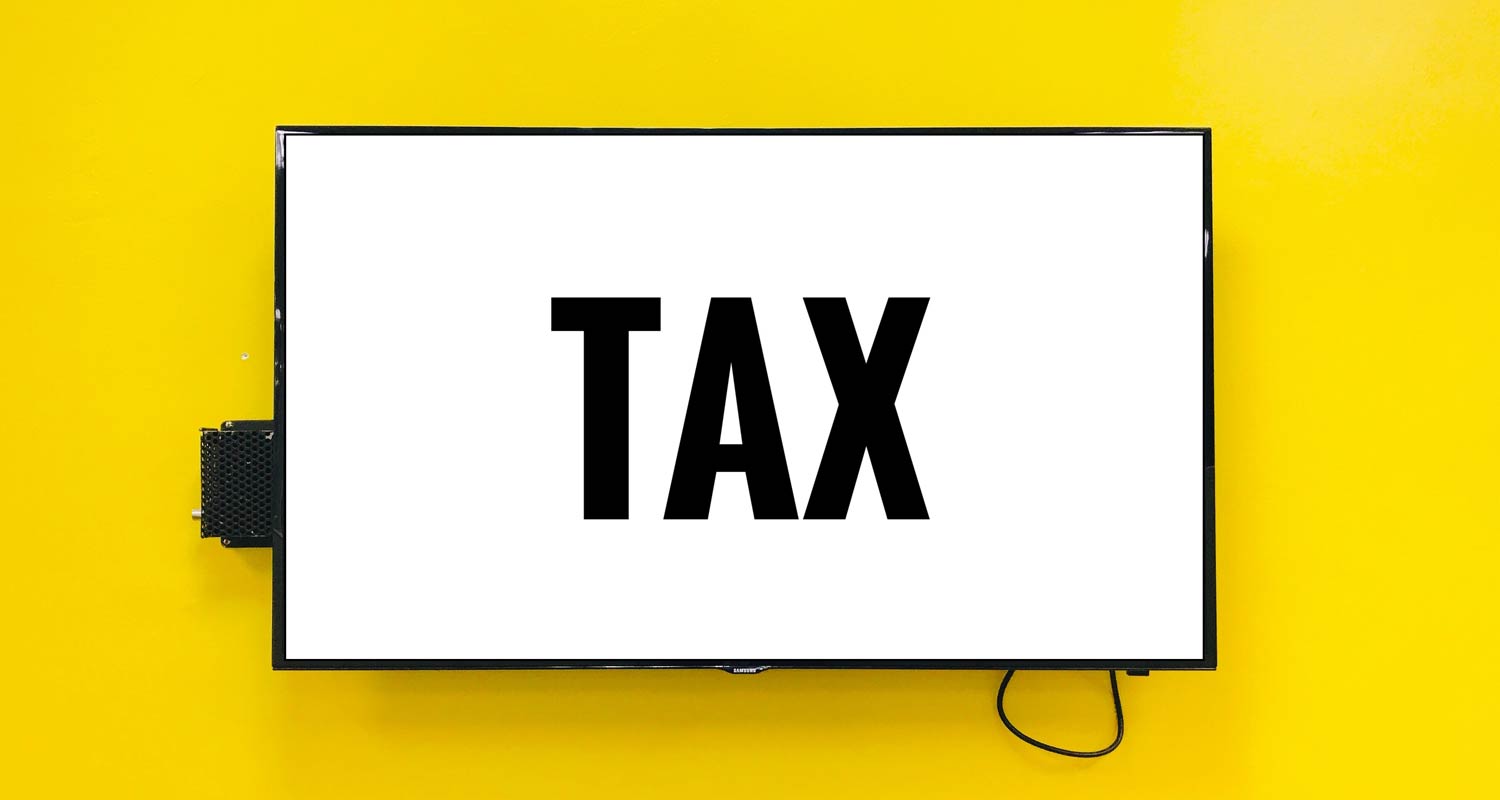The fight in the government of national unity over finance minister Enoch Godongwana’s 0.5 percentage point VAT hike is unlikely to have a significant impact on point-of-sale, payroll and ERP systems, although its effect on the broader economy could be more severe.
The matter is being heard by the high court in the Western Cape on Tuesday, with the Democratic Alliance and Economic Freedom Fighters seeking to have the VAT increase, which is meant to be implemented on 1 May, either blocked or retracted after the fact.
According to Tjaart Malan, chief business and delivery officer at SAP Africa, modern ERP systems are built with robust functionality for implementing compliance-driven changes, including VAT increases, with the editing of one or two system parameters enough to affect changes throughout an organisation’s sales, accounting and payroll functions.
“The new VAT rate will be applied on the effective date while ensuring that historical data and transactions are still processed at the correct old VAT rate,” Malan said in response to a query from TechCentral.
Ongoing transactions, meaning those that were initiated prior to the VAT increase coming into effect, ought to be charged at the previous rate of 15%, even after the new 15.5% rate becomes the status quo. Enterprise solutions, especially those using modern cloud-based ERP systems, should not have much trouble assigning the correct rate to each transaction, said Malan.
Some small and medium businesses, on the other hand, use standalone systems that may require more manual intervention to perform the correct calculations. Businesses that rely on spreadsheets will have to be careful to track dependencies meticulously to ensure that changes in one part of the system reflect across all the areas they ought to.
Pricing strategies
“Regardless of the system used, IT must thoroughly test the system to ensure all modules and processes reflect the new VAT rate accurately,” said Malan.
Although systems should not be adversely affected by the changes in VAT, Malan said the VAT hike will have an impact on other aspects of business, including marketing, sales, employee training and risk management.
Businesses must revise their pricing strategies and factor the VAT hike into what they charge their customers. These are going to have to be communicated to the market, for which the business may incur additional costs. Retailers, for example, will have to prepare new price tags and specials booklets to reflect the changes in pricing.
Read: Budget speech postponed amid GNU disagreements over VAT hike
Also, the uncertainty created by the battle in the GNU over the VAT hike poses risks for businesses, as they may choose to communicate price increases to the market only to have to roll them back in the coming weeks. According to Malan, the impact on post-of-sale, accounting and ERP systems could increase in severity if this happens, since all transactions that would have been processed using the new rate would have to be identified, rolled back and reprocessed at the 15% rate.
“Rolling back a VAT increase can be a complex process, so it’s important thoroughly to plan and test the changes to minimise disruption to your business processes,” said Malan.
 Speaking to Johannesburg radio station 702 on Tuesday, Azar Jammine, director and chief economist at Econometrix, said it is a fait accompli that the VAT increase will be implemented on 1 May, but whether that increase will be sustained in the coming months remains unclear as the high court could declare the increase unlawful and nullify it.
Speaking to Johannesburg radio station 702 on Tuesday, Azar Jammine, director and chief economist at Econometrix, said it is a fait accompli that the VAT increase will be implemented on 1 May, but whether that increase will be sustained in the coming months remains unclear as the high court could declare the increase unlawful and nullify it.
Jammine echoed Malan’s thoughts about the impact of a VAT hike retraction not being significant to business processing systems, citing its effects on the broader economy and its potentially inflationary effects as a bigger concern.
Read: MTN Group CEO warns of impact from Trump tariff shock
“What does bother one is the tendency and temptation, once businesses have increased prices, to sustain the new prices at the higher level rather than reduce them. At the end of the day, we are dealing with people’s cost of living and quality of life, but will companies abide by a reversal and reduce prices or retract the increases that they have already announced?” — © 2025 NewsCentral Media
Get breaking news from TechCentral on WhatsApp. Sign up here.
Don’t miss:
Rand gains on report VAT hike will be scrapped
Crédito: Link de origem


